
My father, Captain Romeo, died on August 7, 2012, near Escravos, the very riverine community he loved. The official documents cite drowning as the cause of death, but the circumstances surrounding that night remain unclear.
Police Report (September 5, 2012)
Witness Statement (Wilfred B. Fiyai)
Operations Manager Statement (Jolly Isede, 2015 Documentary)
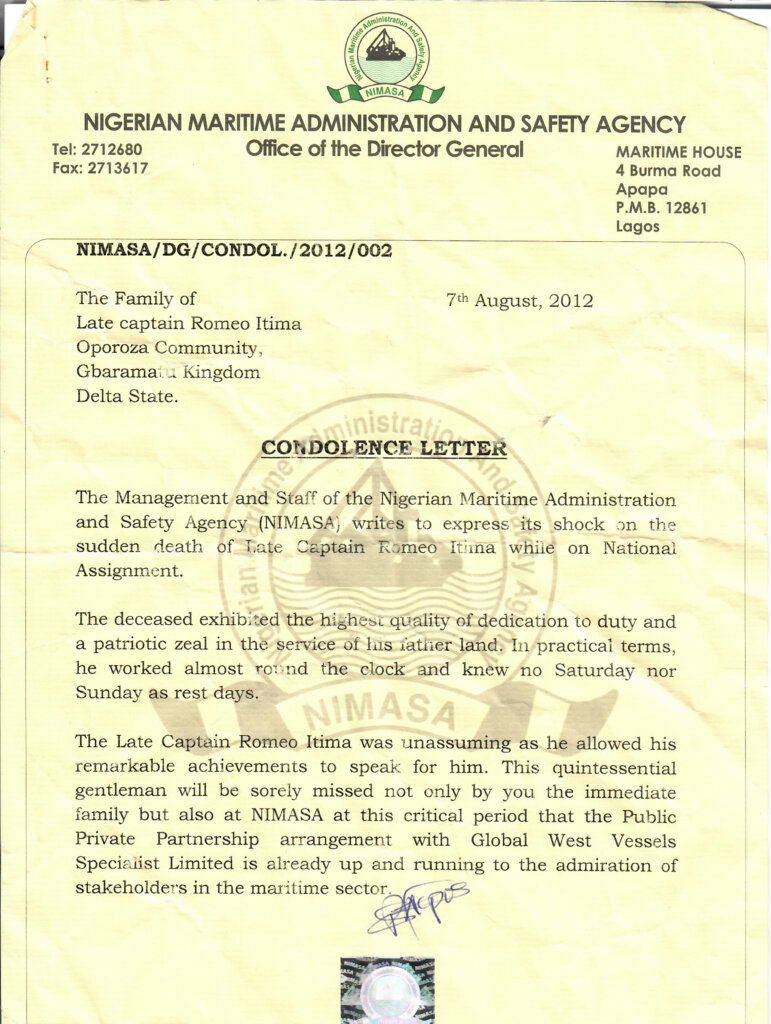
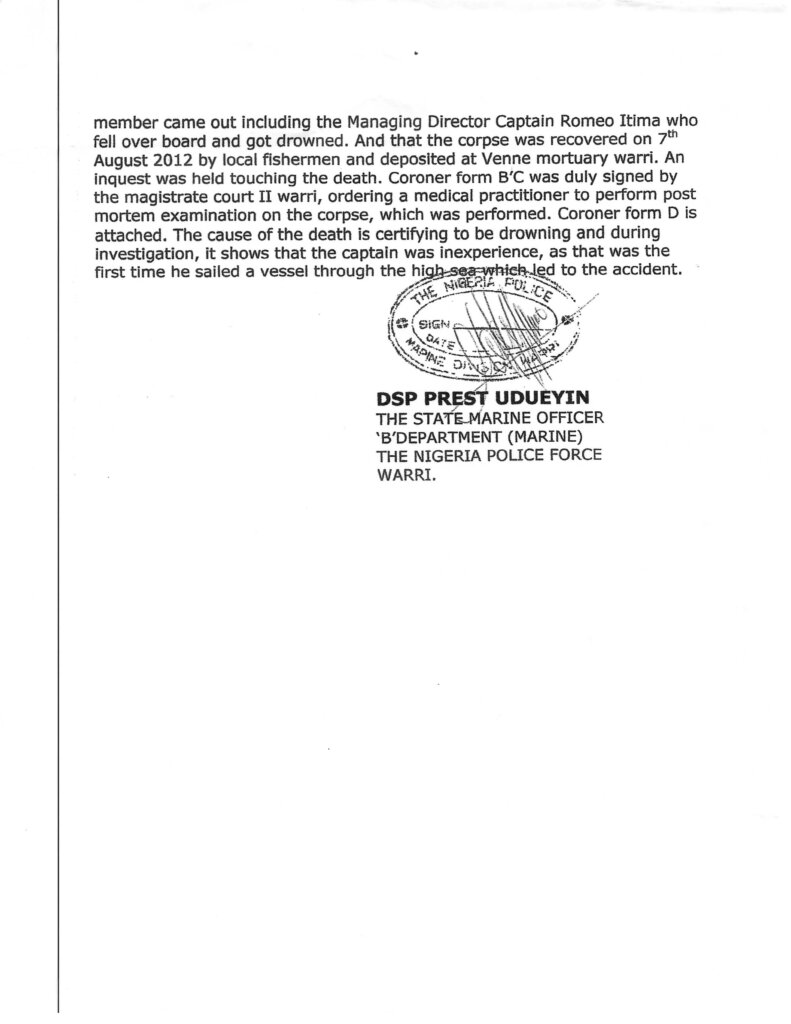
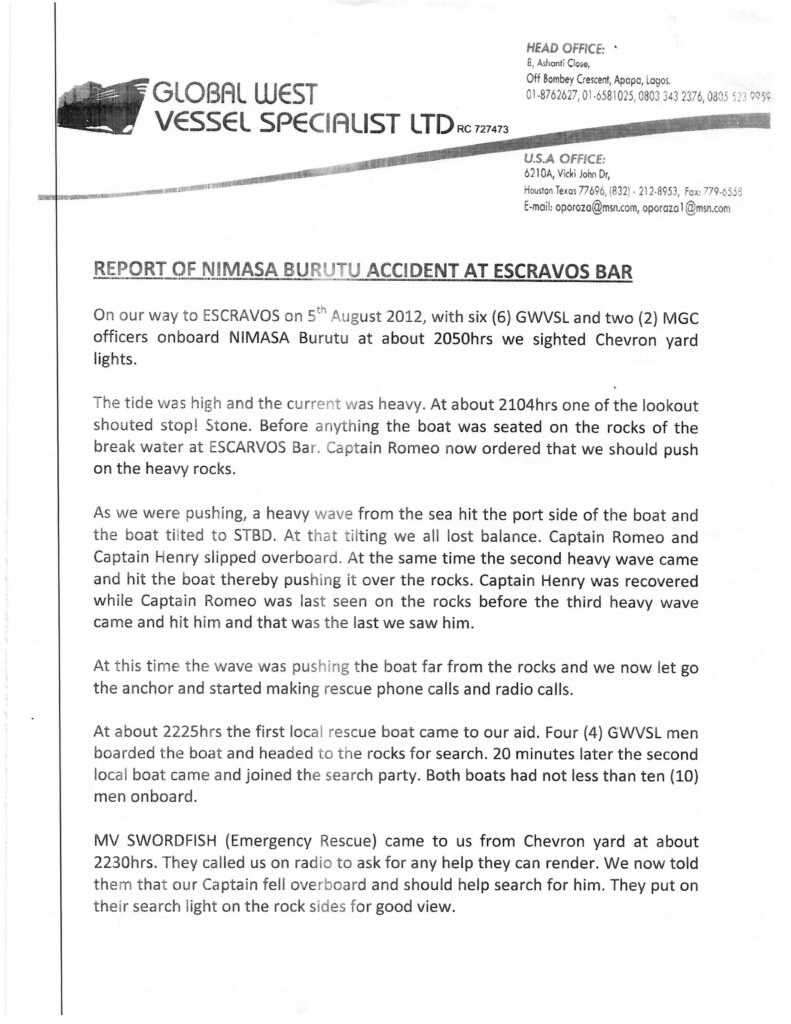
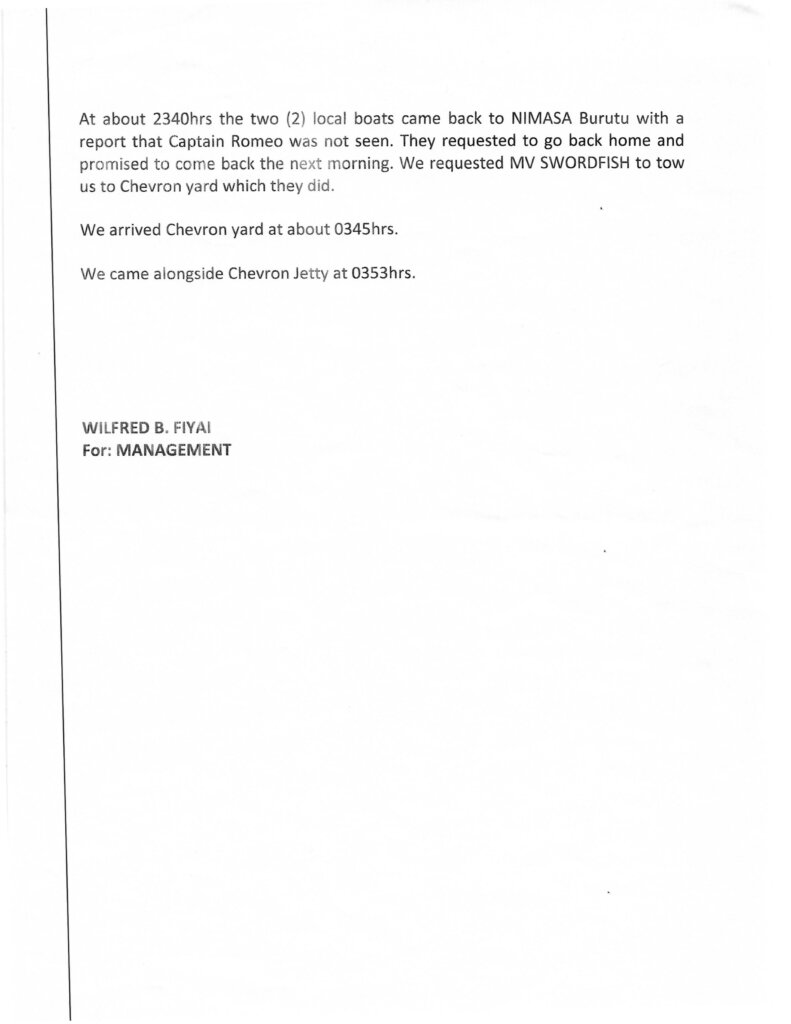
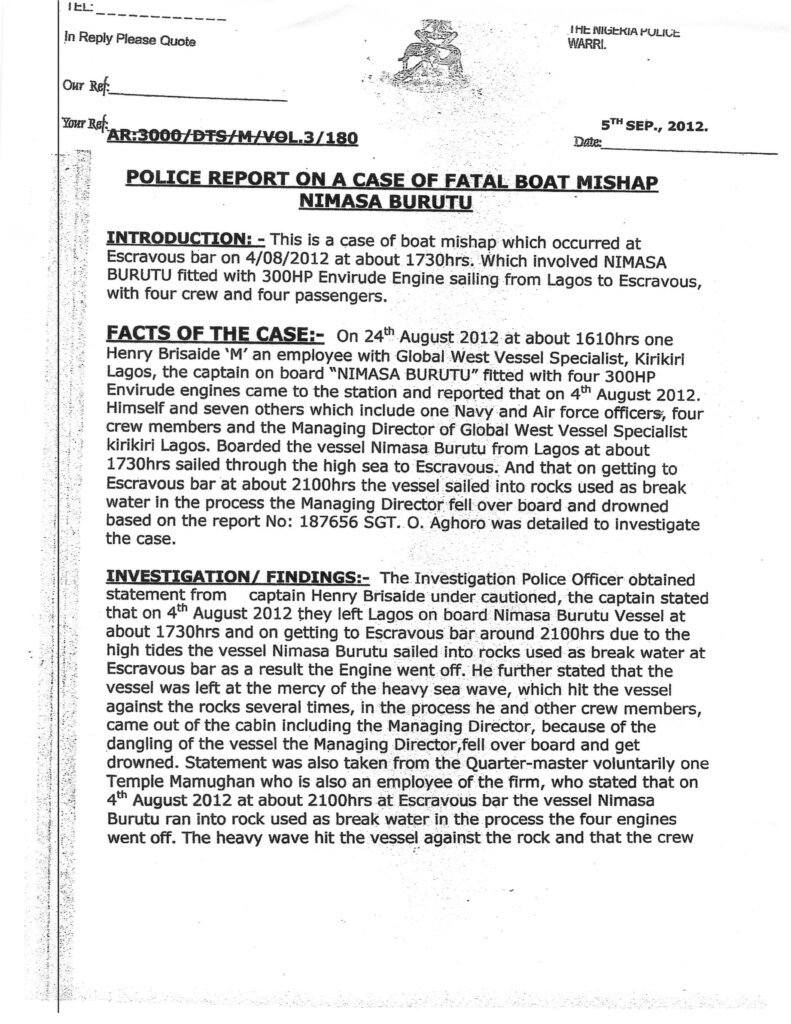
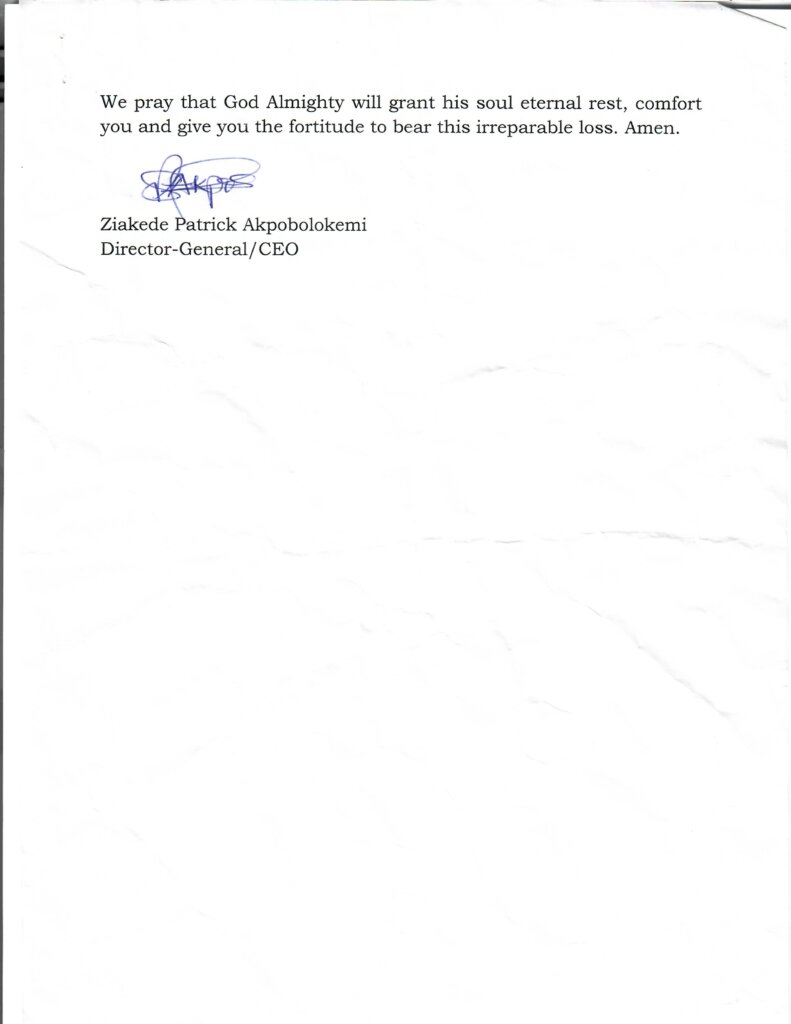

Even in our darkest hour, controversy surrounded the aftermath of my father’s death. My uncle Winfred—despite being older and having lived with my father in the U.S.—resisted calls for a thorough investigation, police involvement, or an autopsy. Most of our extended family respected his wishes, but my brothers (Zion and Adrian) and I insisted on these critical steps.
Three weeks after his passing, we finally saw my father’s body, poorly preserved in a makeshift morgue. The doctor, working under extremely difficult conditions, performed an autopsy that found no blunt force trauma, labeling drowning as the cause of death. For us, this conclusion conflicted with his vast maritime experience and the eyewitness statements suggesting something more sinister. My father knew those waters intimately; it seemed unthinkable he would simply drown without resistance.
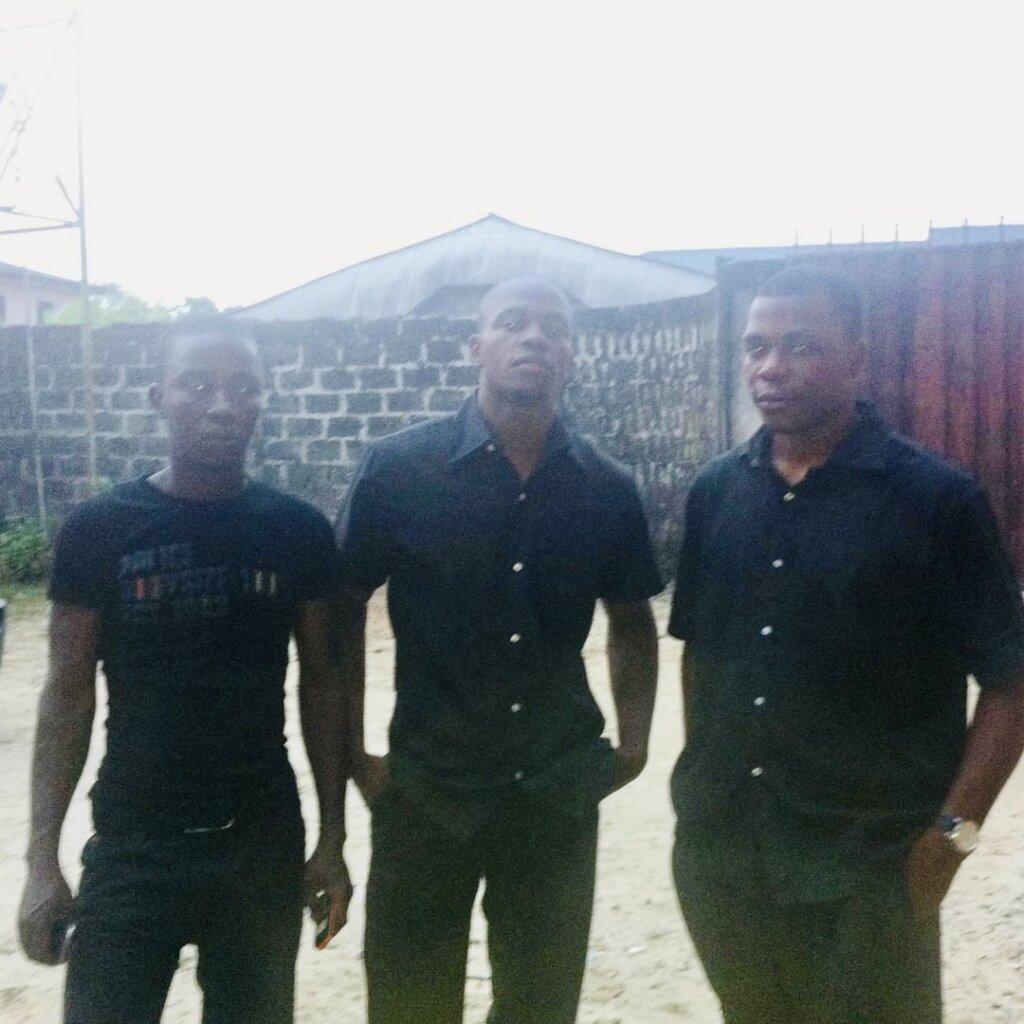
I remember my mother’s stories of how my grandmother recognized my father’s “fog horn signal” whenever he returned from night piloting. He was barely twenty then, yet fearless, guiding large ships in darkness with the skill of a seasoned vet. To lose him in those same waters—this time equipped with the best navigation gear money could buy—haunts me to this day.
What we do know is that Captain Romeo Itima’s legacy lives on in the proud achievements of Global West Vessel Specialist, the leaps made in maritime security across Nigeria, and the fire he ignited in so many of us to dream bigger. His sacrifice, unwavering work ethic, and concern for the greater good will forever stand as an example for entrepreneurs, Nigerians at home, and members of the African diaspora alike.
Though I still seek answers about the true nature of his passing, my father’s life story—his risks, his triumphs, and even the mysteries he left behind—continues to shape the future of maritime operations in our nation. It’s a testament to the power of faith, expertise, and relentless passion for one’s vision.

Captain Romeo Itima was a pioneering U.S. Merchant Marine Captain and visionary leader who revolutionized Nigeria’s maritime industry. His legacy of courage, sacrifice, and empowerment endures as a beacon of justice and resilience.
© 2025. All Rights Reserved
